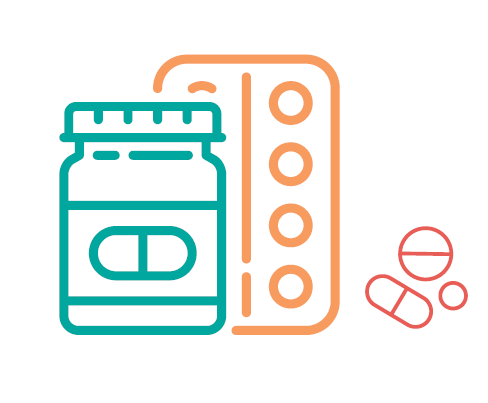Bactrin Killingo, Treatment Education Lead for International Treatment Preparedness Coalition (ITPC), presents community research findings and a program to mobilize demand for ‘differentiated models of care’ (see definition below). The technical working group meeting was organized by International AIDS Society and hosted by Bill & Melinda Gates Foundation as part of the Conference on Retroviruses and Opportunistic Infections, in Seattle, this week. The work presented by Bactrin is part of a joint initiative with AIDS & Rights Alliance for Southern Africa (ARASA).
Differentiated models of care
Differentiated care is defined as “a client-centered approach that simplifies and adapts HIV services across the cascade to reflect the preferences and expectations of various groups of people living with HIV, while reducing unnecessary burdens on the health system.”
The ambitious 90-90-90 goals and the implementation of the World Health Organization (WHO) 2015 recommendation to “treat all HIV-positive individuals on ART”, has meant that already overstretched “health systems must re-examine how ART care is delivered.
International AIDS Society to support differentiated care
In this context, the International AIDS Society (IAS) is working on a two-year project to support the implementation of differentiated models of ART delivery. By providing differentiated models of care, the health system can refocus resources to those most in need. The underlying principle of Differentiated Care, is to provide ART delivery in a way that acknowledges diversity and preferences in how PLHIV access ART services.
Community response to differentiated care and project to create demand
Recognizing the critical role played by communities in ensuring sustainable, responsive and effective HIV treatment outcomes, the IAS has been collaborating with the AIDS and Rights Alliance for Southern Africa (ARASA) and the International Treatment Preparedness Coalition (ITPC) to conduct a rapid assessment in 8 countries in Africa to gauge the ‘readiness’ of people living with HIV and communities to advocate for differentiated models of ART delivery. Together the two organizations are working on project to help create community demand for Differentiated Models of Care in those same countries.
Read the findings from the Rapid Assessment in an Issue Brief or the full report and see Bactrin Killingo’s presentation below.
